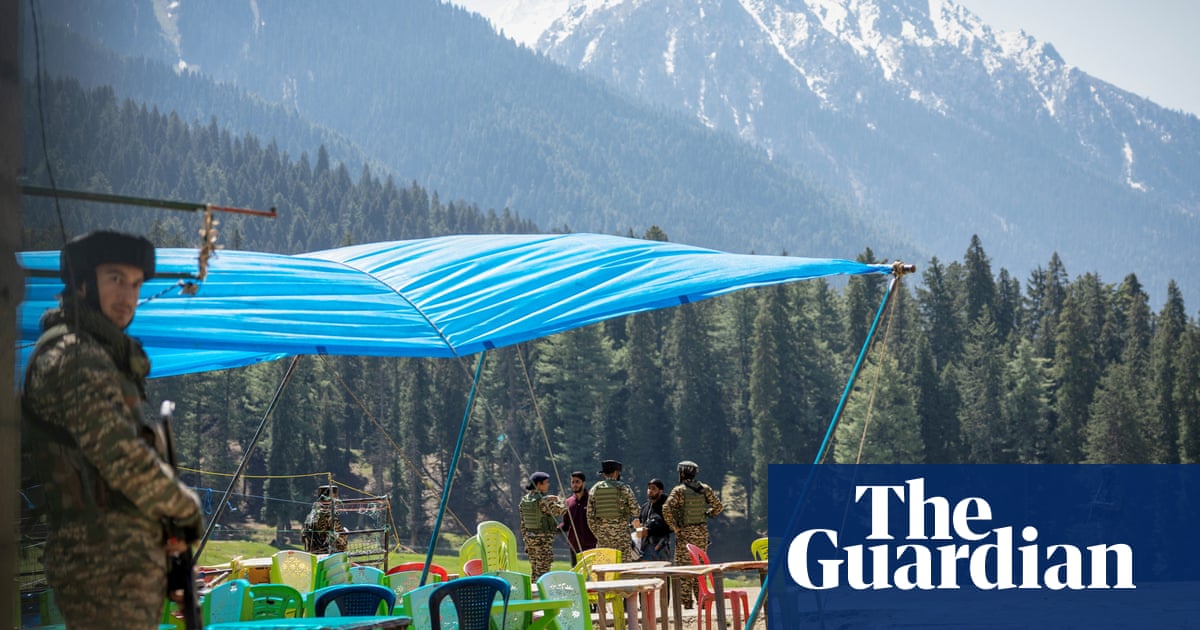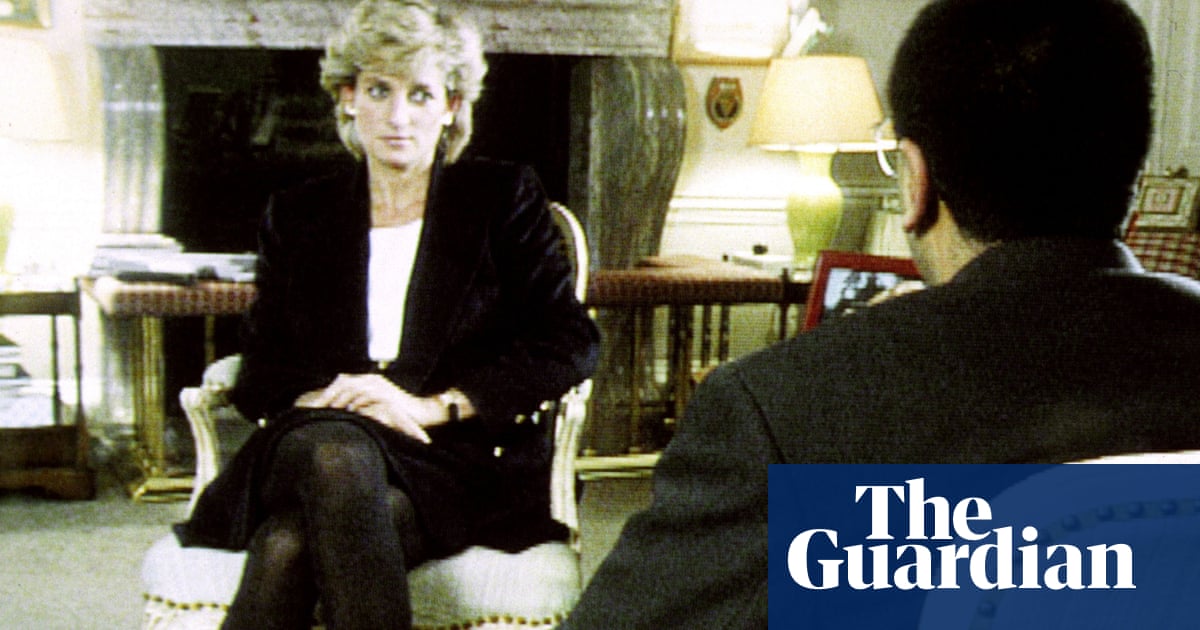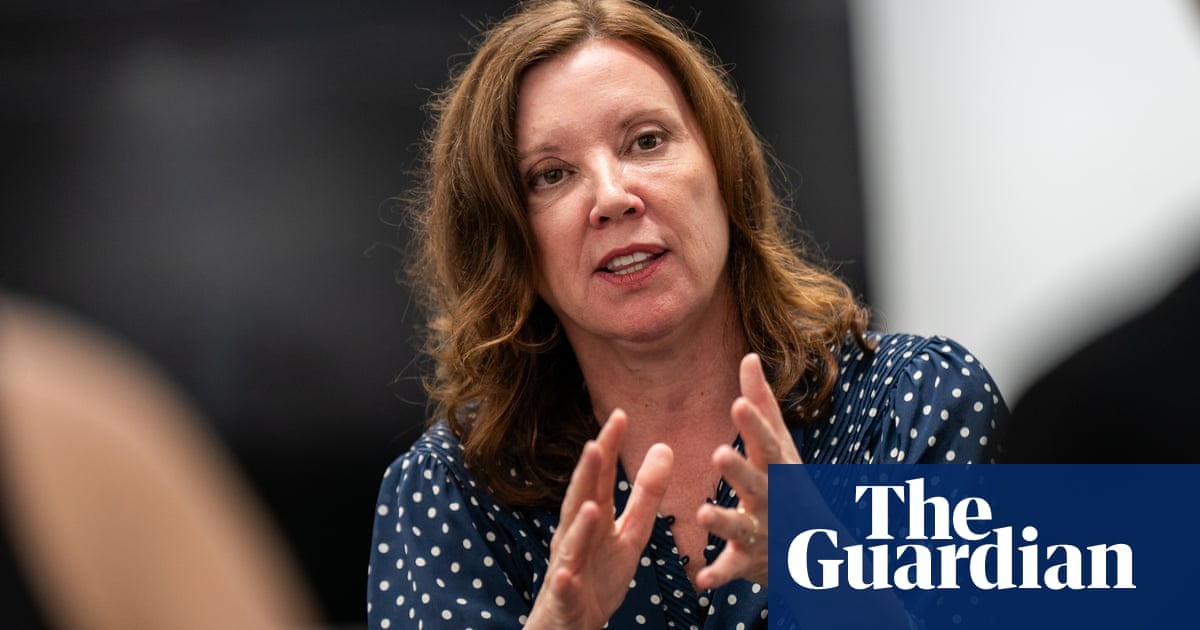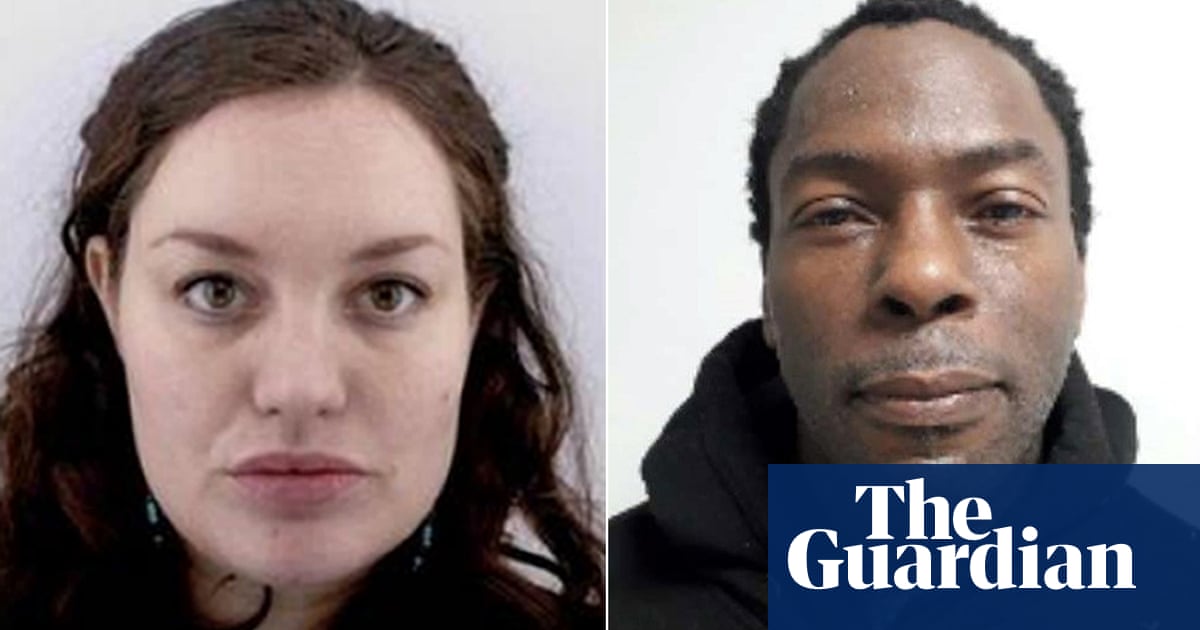The BBC has stepped in to launch a news service in Myanmar after the devastating earthquake in the country, replacing a service effectively shuttered by Donald Trump.
A direct-to-home satellite video channel delivering BBC News Burmese content will be launched to cater for what the corporation sees as an urgent “audience in need”. It will take over a satellite video channel formerly used by Voice of America (VOA), the most prominent global broadcaster targeted by Trump.
VOA, which was set up during the second world war to counter Nazi propaganda and provided independent news to many of the world’s most repressed regimes, has fallen silent since mid-March, when the Trump administration ordered an end to its funding and that of its parent body .
His White House has described VOA as peddling “radical propaganda” and of being opposed to his presidency. Although a federal judge this week ordered the Trump administration to restore more than 1,000 jobs and funding for VOA, its status remains unclear and a government appeal is expected.
VOA’s satellite channel ceased broadcasts into Myanmar just weeks before a huge 7.7-magnitude earthquake hit the centre of the country. Its epicentre was about 11 miles (17.2km) from Mandalay, Myanmar’s second-largest city. More than 3,000 people are thought to have been killed. The digital reach of the BBC’s existing Burmese coverage spiked significantly as people searched for information.
Amid concerns about the lack of independent news being delivered to the country, the BBC has opted to intervene. In the coming months, the Thaicom 6 satellite, which covers Myanmar and the wider region, will deliver BBC News Burmese TV and audio programming. The channel will also provide a QR code to the BBC website’s Burmese content.
Jonathan Munro, the global director and deputy chief executive of BBC News, said the corporation believed it had to act swiftly to ensure a vulnerable audience were well served with independent information.
“In Myanmar, where press freedom is severely restricted and where a vicious conflict continues, we now have an audience also beset by a natural disaster,” he said. “During the week of the disastrous earthquake, BBC News Burmese total digital reach quadrupled as people came to the BBC for trusted information.
“With the launch of this new satellite-based video service, featuring our TV, radio and online output in Burmese, we’ll be offering a critical information stream for an audience struggling to recover from the calamity which took so many lives. Aimed for an audience in need, this is yet another timely and much-needed initiative born from the commitment and expertise of the BBC teams.”
However, the move will be a further squeeze on the BBC’s World Service, which has come under huge financial pressure over recent years as the value of the licence fee has significantly diminished. The BBC was forced to take on its costs from the Foreign Office in 2014 as part of the coalition government’s public spending cuts. BBC bosses want to see the current government take back those costs as part of negotiations over the renewal of the BBC charter.
Independent journalism is extremely challenging in Myanmar. It is ranked 171st out of 180 countries in a press freedom index by Reporters Without Borders. The Myanmar journalist Sithu Aung Myint, a VOA contributor, is serving a 12-year sentence on anti-state and false news charges.

 2 hours ago
4
2 hours ago
4













































